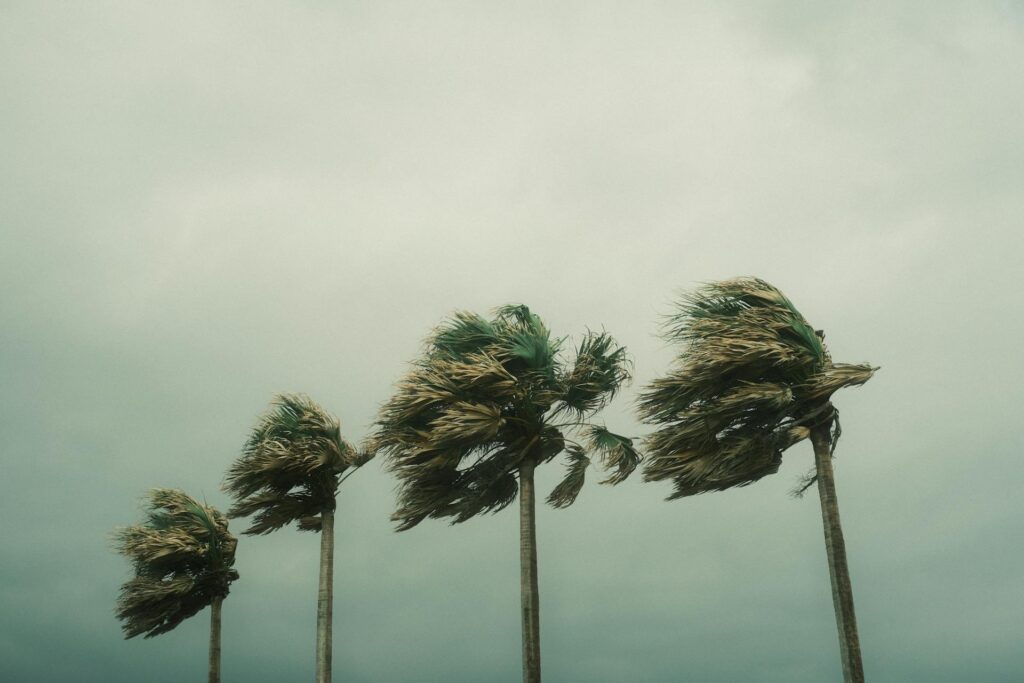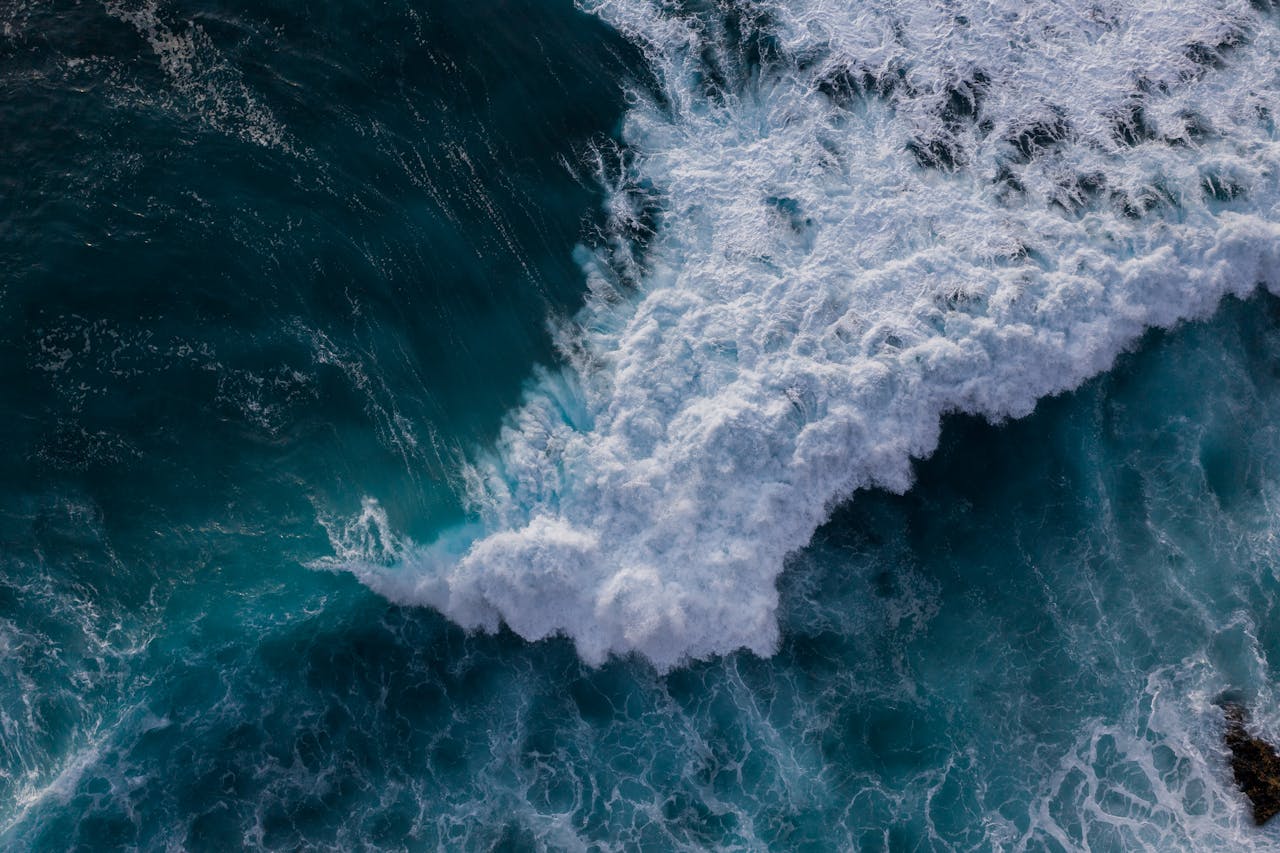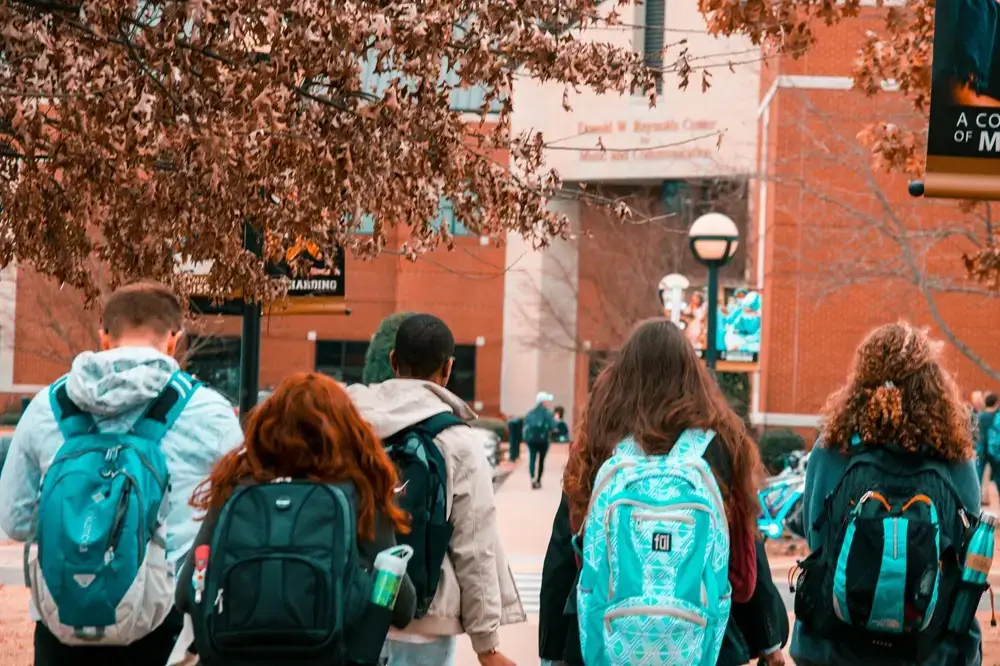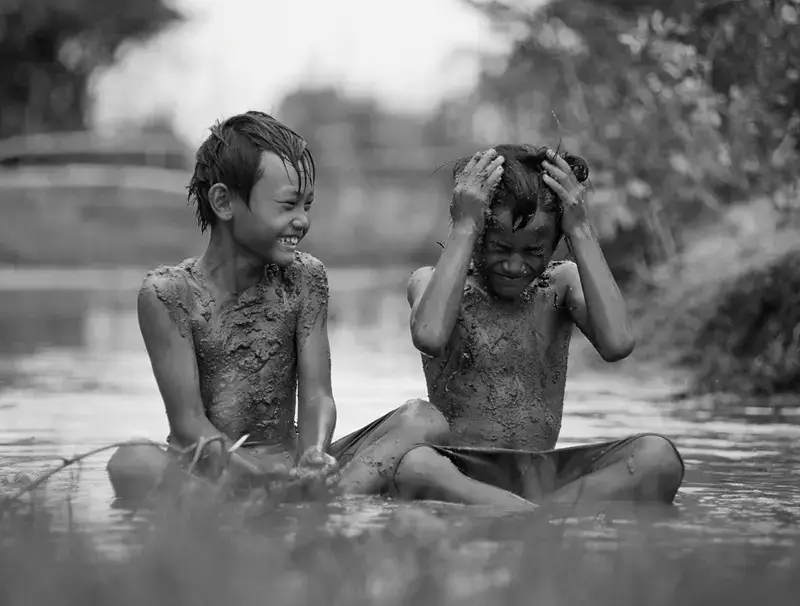In 2020 the founder of NIUPATCH, Professor Siautu Alefaio-Tugia received the Rutherford discovery fellowship (RDF), this prestigious fellowship is awarded to only ten of the “most talented” researchers across all different fields in Aotearoa with the purpose of supporting and championing future researchers and research. The RDF provides funding over 5 years to focus on your research area and produce new knowledge. As you probably have guessed— very rarely are Pacific Peoples on the receiving end of this fellowship. Siautu was the only Pacific person among the ten to be awarded an RDF in 2020, and was only the fourth Pacific person to receive the great honour and opportunity since the RDF was established in 2010.
Siautu was awarded the RDF for: ‘Redefining the humanitarian landscape: Pacific-diasporic disaster resilience’
In other words, rethinking how Aotearoa responds to crises— such as who gives and receives support during disasters (the humanitarian landscape). The focus is on our Pacific communities living here in Aotearoa (the Pacific diaspora) and how they respond to and recover from disasters (their disaster resilience), whether it’s a health crisis like COVID-19 or natural events like the 2023 Auckland Floods and Cyclone Gabrielle.
Siautu’s RDF highlights and documents the incredible— and often overlooked— ways our Pacific communities step up when disaster hits. This includes offering support and resources through extended families, community organisations, and churches— a reflection of our strong networks and communities. Often these responses aren’t recognised or valued, which is why there’s a great need to “redefine the humanitarian landscape.”
Some key questions being considered are: What indigenous and cultural approaches to disaster resilience are already being used, but may be overlooked? What support is needed to sustain these efforts? And how does resilience manifest and grow in our communities as a result of these Pacific responses?
Through the RDF we’re creating and embracing opportunities— through research, conferences, and networks— to explore these questions and elevate Pacific-led humanitarian responses.
PhD research
Under Professor Siautu’s supervision, two PhDs are being conducted in this research area- to redefine the humanitarian landscape, at the University of Otago:
Petra Satele is a Dunedin-based NZ-born Samoan researcher, who’s PhD research is funded under the RDF and focuses specifically on how churches respond to disaster. It highlights the deep connection of Pacific communities to churches through family ties and cultural values, which intertwine with their faith. Her research seeks to discern the role of churches and faith in Pacific communities when preparing for, responding to, and recovering from disasters.
Malcolm Andrews is an indigenous Fijian researcher based in Auckland, funded by St Johns. His PhD research focuses specifically on the Pacific health response. It acknowledges that Pacific Peoples hold a holistic view of health, and value the connection between physical, mental and spiritual wellbeing- His research explores how Pacific health leaders and organisations respond to community needs and examines the vital role of Pacific indigenous knowledge, cultural values and leadership is in these spaces.
Conferences
We had the great opportunity to present at the 4th Pacific Ocean Pacific Climate Change Conference (POPCCC), at the National University of Samoa in 2024. Malcolm and Petra presented their PhD research-in-progress, focusing on how redefining the humanitarian landscape through a Pacific lens can improve mental health awareness. Their research highlights that championing culturally relevant responses is not only vital to disaster recovery but also has a significant positive impact on Pacific mental health during crises.
Our research thus far has also been presented in poster form at conferences in Wellington (NUWAO: Nature-based urban climate adaptation for wellbeing, 2023), Christchurch (RNC2 Urban + QuakeCoRE Joint Research Wānanga: Long-term Recovery) and Hawaii (PRiMO: Equity and resilience in a changing world, 2023 and IGSC: Our unique planet – navigating our shared future, 2025). These have been amazing opportunities to get insight and feedback from other researchers and communities as well as highlight the responses and strengths of our Pacific communities.
Where to from here?
We’re working towards publishing our research— a crucial step in building credibility and showing that Pacific voices and community-led responses are not only valid, but vital to shaping better outcomes across Aotearoa.
We also plan to host webinars and online talanoa with Pacific leaders to share insights and lived experiences. This will lead to a conference that brings together our communities, leaders, and knowledge holders— creating space for shared learning, connection, and collaboration beyond siloes.




